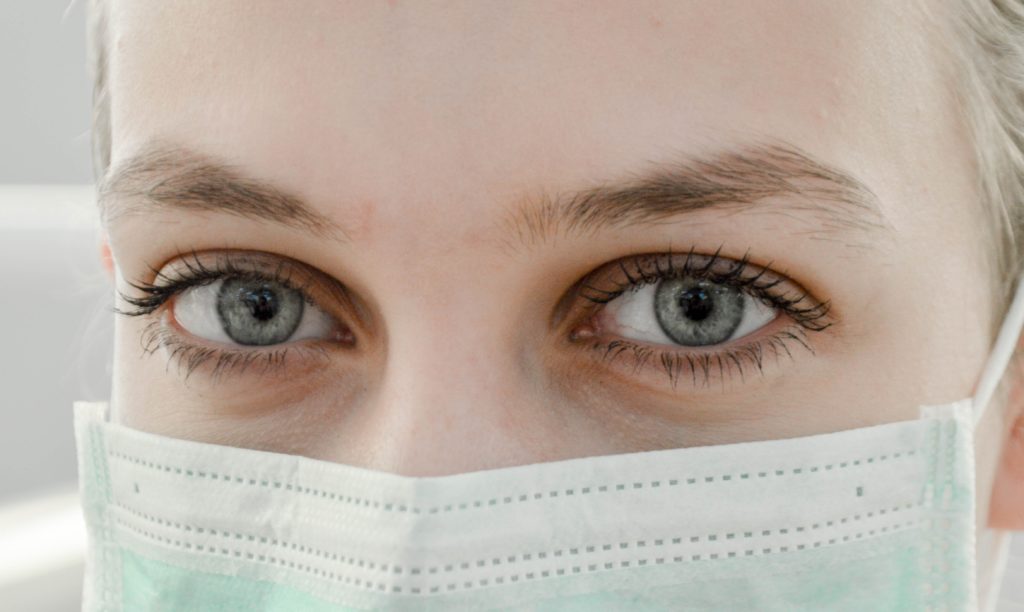
Gillick competency would be impossible
HART continues to be deeply concerned to hear various MPs and SAGE representatives calling for children to be vaccinated against COVID-19 despite the lack of long-term safety data. Disturbing language has been used by teaching unions implying that the use of ‘peer pressure’ could be harnessed to boost take up among school children, even though such coercion would be unethical, not to mention contrary to UK and International Laws and Declarations.
As reported last week, educational materials containing emotionally loaded and potentially coercive content are currently being circulated in schools. With this kind of information and pressure being applied directly to children, bypassing parents and guardians, will the government’s next step be to seek Gillick competency? It is certainly included in a government vaccination policy document from January 2021 and it was recently reported that German children as young as 12 (see update at 12.44pm) can be vaccinated without their parents’ consent. Most parents are probably completely unaware that immunisations can be given in schools without parental consent. The immunisation Green Book was updated in 2013 and states, “Young people aged 16 and 17 are presumed, in law, to be able to consent to their own medical treatment. Younger children who understand fully what is involved in the proposed procedure (referred to as ‘Gillick competent’) can also give consent, although ideally their parents will be involved.”
Gillick competency is designed to balance the need to listen to children’s wishes with the responsibility to keep them safe. It is used in medical law to decide whether a child under 16 years old is able to consent to a medical treatment without the need for parental permission or even knowledge.
There are no defined questions to assess Gillick competency but professionals must be able to satisfy a number of criteria including the child’s understanding of the risks, implications and consequences that may arise from their decision. Crucially, the child must be able to understand the potential long-term impact of the medical intervention which is currently impossible given that COVID-19 vaccine phase 3 trials are not yet complete and accordingly, any long-term side effects are unknown.

